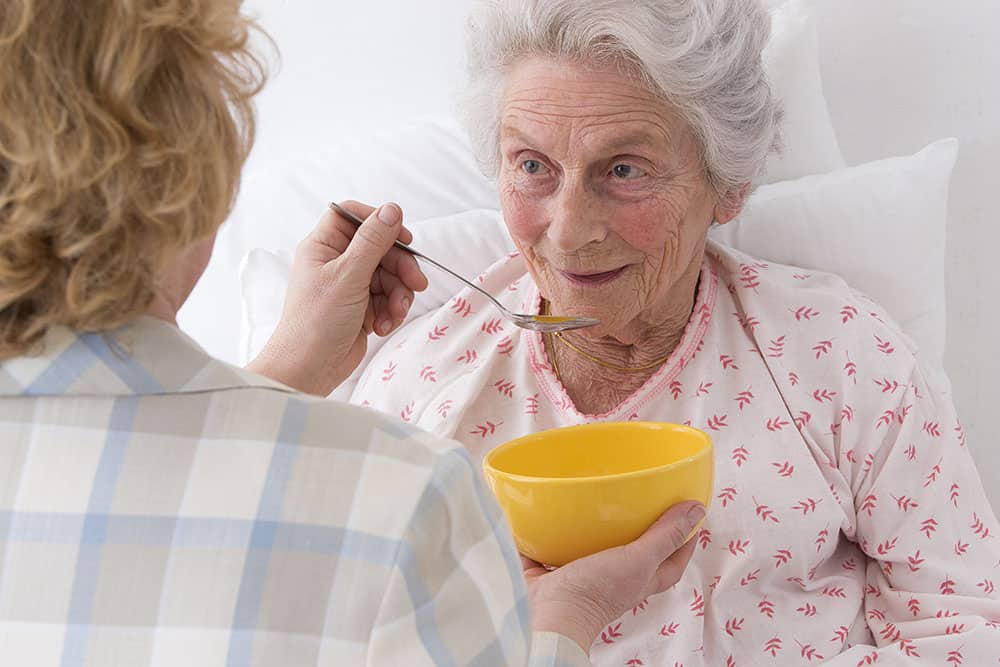Challenges accessing care and staff shortages are making a “breeding ground for mistakes”

Following the publication of the Care Quality Commission’s (CQC’s) annual State of Care report, leaders from the Parliamentary and Health Service Ombudsman, Association of Directors of Adult Social Services (ADASS), Healthwatch England, and NHS Confederation have shared their views on the current health and social care landscape in England.
The report provides a snapshot of the current state of health and social care in England, highlighting trends, examples of excellent services, and system improvements that need to be made.
This year’s State of Care report for the period 2021-2022 shows worrying figures around delayed transfers of care, difficulties accessing care, a lack of available social care, and major workforce shortages that are all exacerbating system pressures.
While the move towards more joined-up care statutorily is already showing benefits across the system, CQC says, long-term investment, funding, and planning are needed by the UK Government to fix the “gridlocked” system and prevent the social care “crisis” from worsening.
The Parliamentary and Health Service Ombudsman provides an independent and impartial complaint-handling service for complaints that have not been resolved by the NHS in England and UK government departments.
Commenting on the findings of the CQC’s annual report, Ombudsman Rob Behrens said: “We are seeing the perfect storm of a gridlocked system combining challenges in both access to care and in workforce provision. This is a breeding ground for mistakes in critical services.
“Failure in any part of the system can have catastrophic effects on patient care. We know that the healthcare sector and those who work in it arouse understanding, respect and support, but patients and their families should also know they have the right to complain and to be listened to when mistakes are made. This is particularly important for those most disadvantaged in society whose voices are unheard.
“The NHS must embrace a learning culture to avoid repeatedly making the same mistakes and to improve services for the future.”
Similarly, ADASS President Sarah McClinton agreed that the huge challenges facing social care and the NHS have major negative knock-on impacts on patients, carers, and staff. It comes at a time when the sector is about to head into what is set to be an “incredibly difficult” winter.
She continued: “It underlines why the Government, and the next Prime Minister must prioritise adult social care. We will not solve the workforce crisis, prevent carers from breaking down, or sort out the NHS, without first sorting adult social care.
“We know that tough decisions will be needed, but if the levy no longer exists then we need to know what replaces it. Ahead of winter, people are going without care and support, staff are leaving, and carers are breaking down. Less money simply means less care and support, more unfulfilled lives, fewer staff, more of us having no choice but to give up work to care, and more of us having restricted access to healthcare. Social care is an essential service.”
ADASS also suggests that rather than delaying social care reform, which has been suggested by various other organisations, it should be accelerated. Sarah added that “improving social care will benefit us all”.
Louise Ansari, National Director at Healthwatch England, highlighted that patients are starting to feel less confident in the NHS, as they are frustrated and confused about how to access social care.
“The barriers to accessing timely care can put people’s lives at risk and widen health inequalities, with disabled people and those on lower incomes, being particularly affected,” continued Louise.
“People really appreciate the care they get and the hard work of staff, but we need to make sure that our health and care services are supported so that everyone who needs care can access it as quickly as possible and in a way that meets their needs.”
Matthew Taylor, Chief Executive of the NHS Confederation, echoed some of Louise’s thoughts, stating that health leaders will “take comfort” in the fact that CQC has recognised that health and care staff are doing their best for patients across the country. However, he warned that staff are working under increasingly intolerable conditions, which is leading to record vacancies, standards slipping nationally, and patients not always getting the care they need.
He added: “In particular, health leaders remain very worried about the situation across social care. Only two fifths of patients in hospital are able to leave when they are ready to do so, including due to problems accessing social care, yet the government still has not set out how and when its £500m winter investment will be released to the system.
“Each day that passes is another where too many medically fit patients are left in hospital beds they shouldn’t be in, which then leads to waits in emergency departments worsening, more ambulances queuing up outside of hospitals, elective procedures having to be cancelled, and primary care getting more overwhelmed by people’s health deteriorating in the community.
“The 42 integrated care systems have the potential to drive forward improvements alongside providers but they are being collectively held back by the government’s refusal to acknowledge the scale of the workforce and funding challenges and to provide adequate support.
“With the government rowing back on its commitments to reforming social care by delaying the cap on costs and with warnings of already-stretched and under-resourced public services having to make even more cuts, health leaders want to remain optimistic, but without further action, their hopes are dwindling.”

